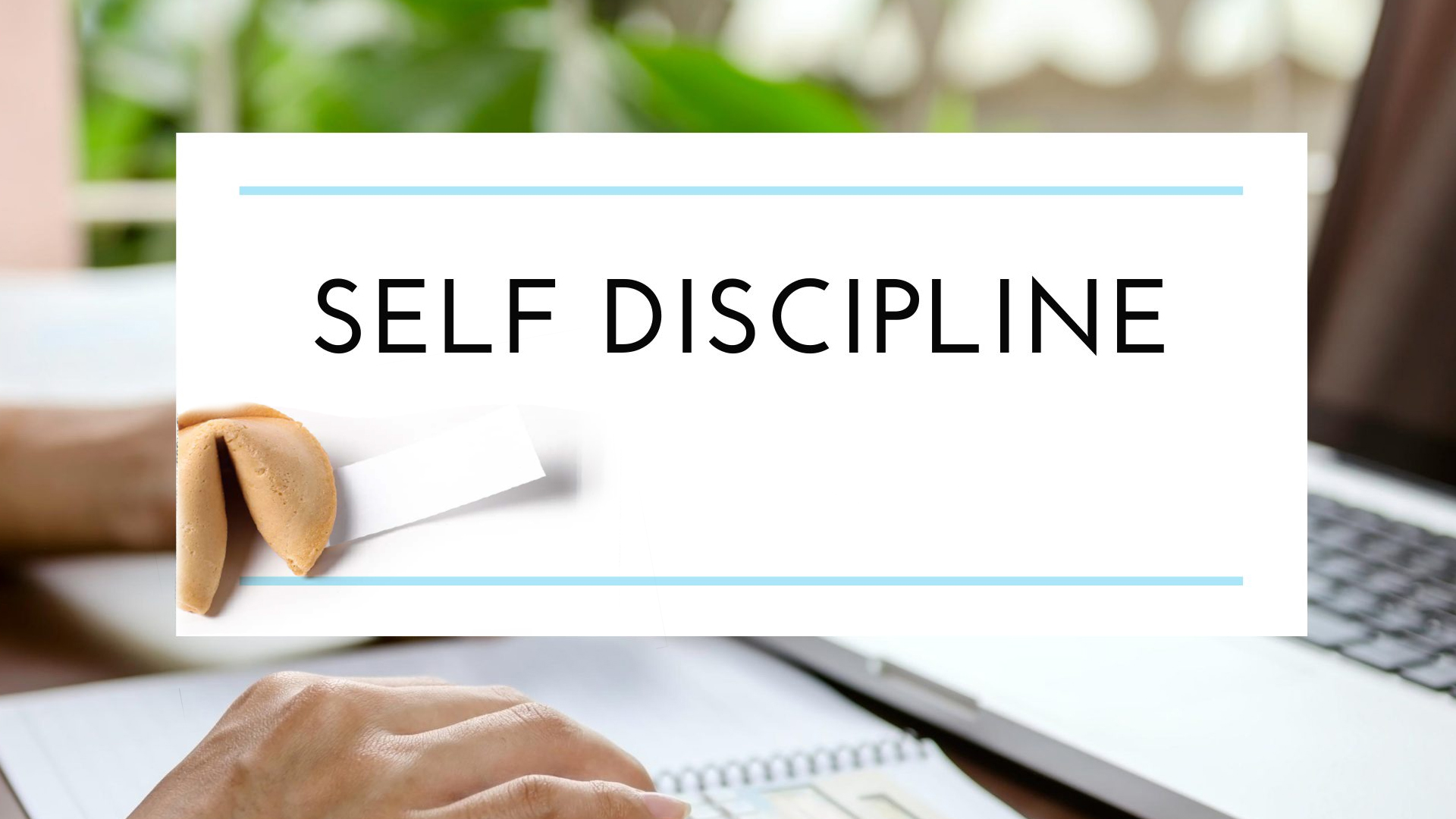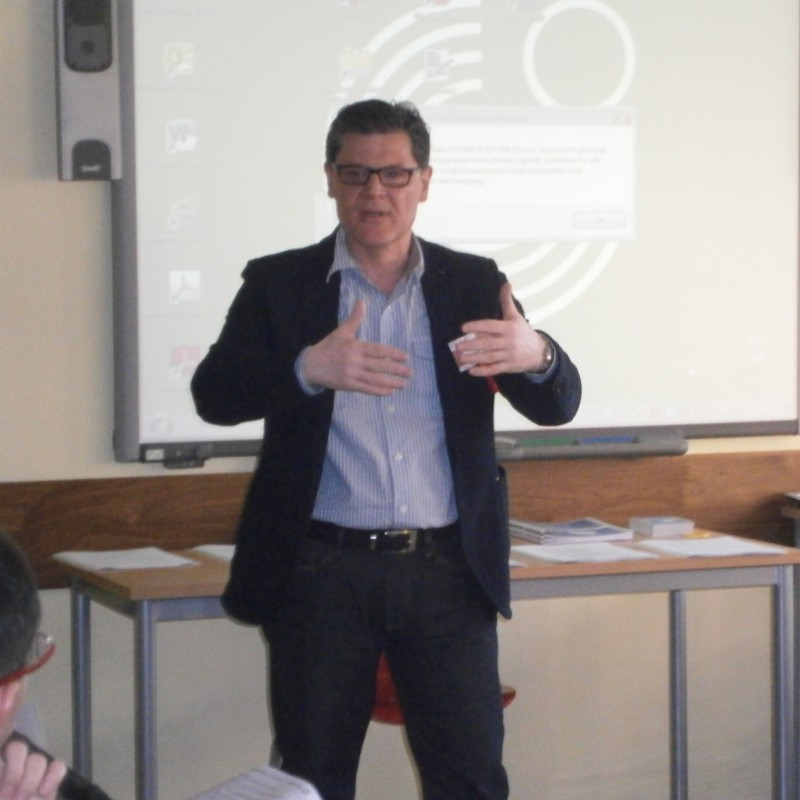“Your time is limited: don’t waste it living someone else’s life. Don’t be trapped by dogma – which is living with the results of other people’s thinking. Don’t let the noise of others’ opinion drown out your own inner voice”
Steve Jobs
Or: A letter to a young English language teacher
The Appetizers
The alternative to training is not no training, but instead to equip learners with the thought processes that enable them to think for themselves. Paradoxically, our culture needs more untrained minds. You have to encourage learners not to listen to you but to themselves, to have the confidence to think unconventionally. Current education system teaches tried-and-tested techniques. Schools of all kinds follow the banking model of learning and see knowledge as a currency to be stacked up and locked away, more like any commodity. There is evidence that everyone is born with more abilities than they realize. Most are born geniuses and are – somehow – de-geniused by education and convention.
There is no right way of doing anything, so you must find your way. Wherever you work, try to work out for yourself how to do things.
But how can you do this?
Through self-discipline. The concept of discipline is about self-denial and conformity to social or religious sanctions. External discipline uses rewards and punishments to regulate behaviour. It is restrictive and stifling. Self-discipline, on the other hand, is internal. It is shaped by inspiration, pride and satisfaction. It is unaffected by rewards or punishments. Discipline, then, is essential to follow your heart, but it has to be self-discipline. Discipline must come from within rather than from outside.
Your most important resource is your learners and for them you are the most important resource. You depend on one another. Encourage your learners to ad-lib, to use their creativity and inspiration while learning the language. Avoid editing. Editing is what distorts creativity and establishes conformity. All creativity is about mind over matter. The matter might be coursebooks, exam papers or almost anything. The matter does not matter because it is all in the mind.
Teach your learners to search for originality and be themselves. Sometimes it is harder to be yourself and much easier to pretend you are someone else. It has been estimated that we spend much of our lives not being who we really are. There are huge pressures on everyone to be someone else, to live up to others’ expectations – to be a perfect learner, employee or partner. In the final analysis, it is more important to be the best version of yourself than a bad copy of someone else. Teach this to your learners.
They may ask you how they can become themselves and what it takes to do so. Ninety-nine per cent of the difference between successful people and those who fail is commitment to self-improvement. The extraordinary amount of time and effort the successful put into developing their work amplifies their abilities. If someone is more successful than you, the chances are they work harder at self-development. Practice is important but it has to be good practice. We only get out what we put in.
The Main Course
Teaching does not occur in a vacuum. It is an open process. It is a process that requires a vision and open eyes. It takes years to build up the ability to understand yourself, the world you live in and your field of expertise. Being creative, being yourself and do your best may offer you a shortcut. They may offer you some chances of success. What distinguishes the successful from the unsuccessful is the way they deal with the inevitable disappointments and difficulties that arise. Psychologists call this the 90-10 principle. Ten per cent of life is what happens to you and ninety per cent is decided by how you react to what happens to you. We have no control over ten per cent of what happens to us, but the ninety per cent is different. You determine it. The key difference is your reaction to negative events. Attitude is more important than ability.
Apart from your attitude, another important quality is reflection. You should always remain a learner, full of curiosity and develop a genuine thirst for learning and self-improvement. Keep a diary and plenty of self-reflection notes. This is the way to appraise your practice and its outcome.
The Fortune Cookie
Some thirty years ago, Dick Allwright (1991) gave a plenary talk titled: “The Death of the Method”. He claimed that teaching methods had nothing to offer, and it was inevitable methods to be replaced by something he called post-method era, a sort of eclectic approach. Methods still exist and in fact there are many more and even more radical in principles and procedures. Young teachers like you may need them to guide their practice. But is teaching a language a set of instructions that can be relayed from teachers to learners? Is learning an esoteric process that occurs in the depths of the conscious mind? Food for thought.




